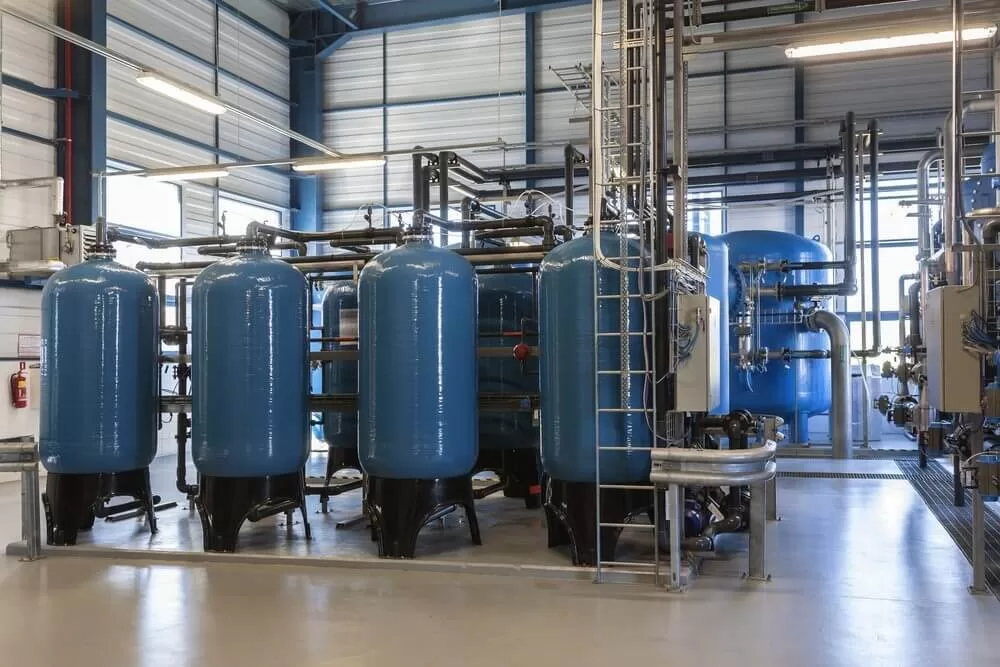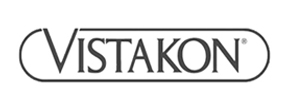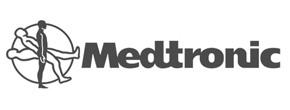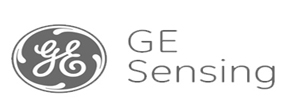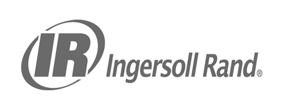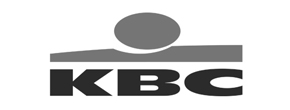In commercial settings, the quality of water can significantly impact operational costs, product quality, and overall business efficiency. Investing in the right water filtration and treatment systems can lead to substantial cost savings while ensuring a safe and consistent water supply. Here’s how commercial businesses can save money with effective water filtration and treatment:
1. Understanding Water Needs in Commercial Settings
Commercial enterprises, from restaurants and hotels to manufacturing plants and office buildings, have diverse water needs. These can range from providing clean drinking water to employees and customers, to using water in production processes. Understanding the specific water requirements and potential contaminants in your water source is the first step in choosing the right filtration system.
2. Choosing the Appropriate Filtration System
Various water filtration and treatment systems are available to cater to different commercial needs:
– Activated Carbon Filters: These are effective in removing chlorine, bad tastes, and odors. They are widely used in the food and beverage industry to improve water quality for cooking and beverages.
– Reverse Osmosis (RO) Systems: RO systems are ideal for businesses requiring high-purity water, such as pharmaceutical companies and electronics manufacturers. They remove a wide range of contaminants, including heavy metals, salts, and organic compounds.
– Water Softeners: Hard water can cause scaling in pipes and equipment, leading to increased maintenance costs and reduced efficiency. Water softeners are essential for hotels, laundries, and any business that relies heavily on water-using appliances.
– Ultraviolet (UV) Disinfection: UV systems are effective in eliminating bacteria and viruses. They are crucial for businesses like hospitals and food processing plants, where water hygiene is paramount.
3. Cost Savings from Filtration Systems
Implementing the correct water filtration and treatment systems can lead to significant cost savings in various ways:
– Reduced Equipment Maintenance and Replacement Costs: Hard water and contaminants can cause scaling and corrosion in boilers, dishwashers, and other water-using equipment. Water softeners and proper filtration can extend the lifespan of these appliances, reducing maintenance and replacement expenses.
– Energy Efficiency: Scale buildup in heating systems and boilers decreases their efficiency, leading to higher energy consumption. By preventing scale formation, water treatment systems can help businesses save on energy bills.
– Minimized Downtime: Clean and treated water reduces the likelihood of equipment breakdowns and production halts, ensuring smooth and uninterrupted operations.
– Improved Product Quality: In industries such as food and beverage, pharmaceuticals, and cosmetics, water quality directly impacts the final product. Consistent and high-quality water can prevent product defects, recalls, and customer complaints, saving money and protecting the brand reputation.
4. Environmental and Regulatory Benefits
Beyond direct financial savings, effective water filtration and treatment systems offer environmental and regulatory advantages:
– Compliance with Regulations: Many industries are subject to strict water quality regulations. Investing in proper water treatment ensures compliance, avoiding fines and legal issues.
– Sustainability: Reducing water waste and improving efficiency contribute to a business’s sustainability goals. This can enhance the company’s reputation and appeal to environmentally conscious customers.
5. Implementing and Maintaining Filtration Systems
For maximum efficiency and cost savings, proper implementation and maintenance of water filtration systems are crucial:
– Professional Assessment and Installation: Engage professionals to assess your water needs and install the appropriate system. Proper installation ensures optimal performance and avoids potential issues.
– Regular Maintenance and Monitoring: Schedule regular maintenance to keep the system functioning correctly. Replace filters and components as recommended by the manufacturer and monitor water quality periodically to detect any changes.
– Employee Training: Educate staff on the importance of water quality and proper system usage. Trained employees can help identify issues early and ensure the system operates efficiently.
In commercial businesses, the correct water filtration and treatment systems are a valuable investment that can lead to significant cost savings. From reducing maintenance and energy costs to ensuring product quality and regulatory compliance, the benefits are substantial. By understanding specific water needs, choosing the right system, and maintaining it properly, businesses can enjoy clean, safe water while boosting their bottom line and contributing to environmental sustainability.
Copyright One Eight Filtration

